
Tips for maintaining your boat this summer
Jun 18, 2025
Whether your summer plans consist of leisurely cruises or exhilarating races, looking after your boat and staying on-top of maintenance is essential to ensure you have a great season. After all, nothing ruins your summer plans like something going wrong with your boat!
As experts in boat maintenance and repairs we at boatcare advise taking a proactive approach to upkeep to help avoid disasters later down, making sure you’re doing the following to help you stay on top of maintenance.
- Pre-season prep
If you haven’t already done so, ensure crucial pre-season tasks are completed. This often includes applying antifouling paint, carrying out an engine service and renewing anodes.
- Little and often
Throughout the summer get into the habit of conducting regular inspections. These don’t have to be time consuming, but things like quick oil level checks, visual scans of the hull to check for any damages and ensuring deck fittings are secure are all important. Catching small issues early can prevent them from escalating into significant problems that could interrupt your summer fun. Think of it as a routine health check for your boat.
- Keep a detailed maintenance log
Maintaining a record of any maintenance performed, repairs undertaken, and even routine checks completed throughout the summer is invaluable. This log serves as a historical record of your boat’s health, allowing you to track trends, remember when certain tasks were last performed, and provides valuable information for future upkeep and even potential resale.
To make things even easier, here’s our helpful tick list of the areas you need to be looking at when it comes to routine maintenance and checking your boat:
Safety First

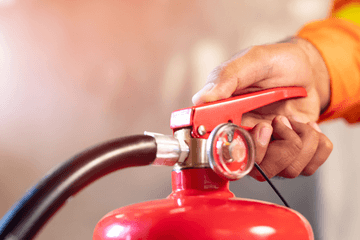
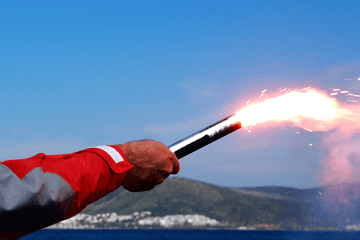
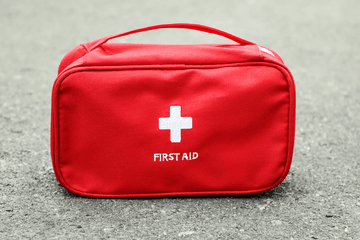
Engines and Propulsion
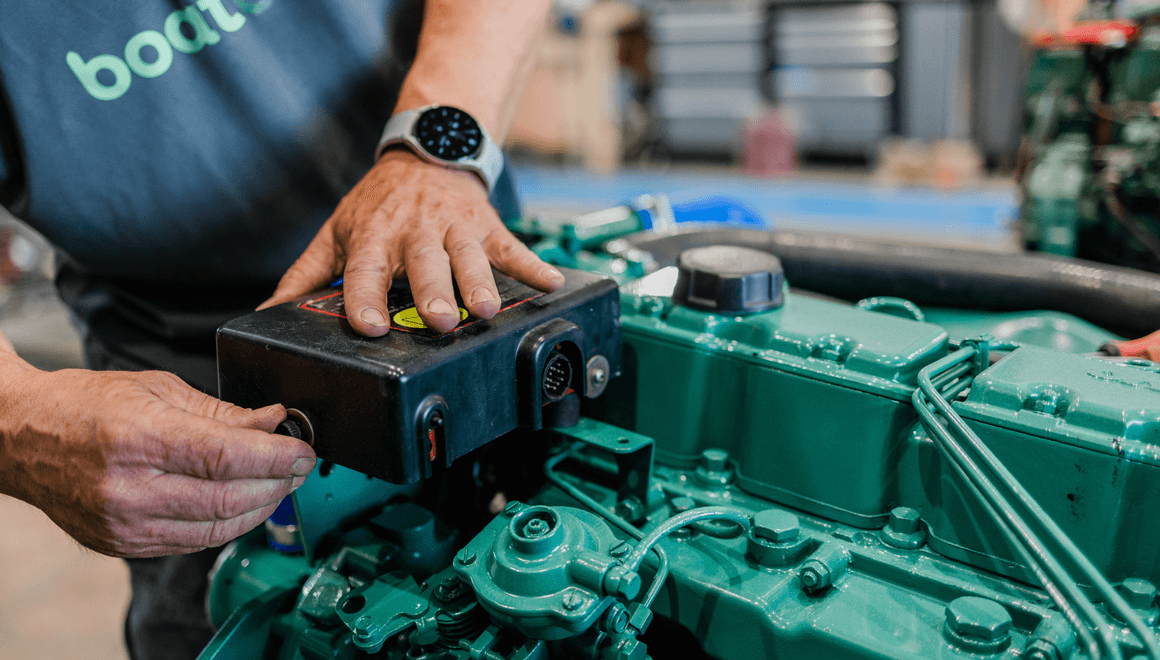
Reliable engines and a functioning propulsion system are critical for a safe and enjoyable summer on the water. Before those longer summer excursions, dedicate time to these vital components:
- Fluid Levels: regularly check and top up oil and coolant levels as needed. Low fluid levels can lead to overheating and engine damage.
- Drive Belts and Hoses: inspect drive belts for any signs of cracking, fraying, or excessive wear. Similarly, check hoses for leaks, swelling, or stiffness. Replace any compromised components promptly.
- Sacrificial Anodes: summer often means your boat spends more time immersed, increasing the risk of galvanic corrosion. Regularly inspect your sacrificial anodes (zinc, aluminium, or magnesium) and replace them if they are significantly eroded. These small components play a crucial role in protecting more valuable metal parts of your boat.
- Propellers: whether your boat is being lifted for its seasonal antifouling or before it's launched, take the opportunity to thoroughly inspect your propellers. Look for any signs of damage such as dents, bends, or chips, which can impact performance and fuel efficiency.
Electrical Systems and Batteries
Modern boats rely heavily on their electrical systems for everything from navigation to entertainment. Summer often brings increased usage of onboard systems, making a healthy electrical system essential.
- Battery Connections: ensure all battery connections are clean, tight, and free from corrosion. Clean any build-up with a wire brush and apply a corrosion protectant.
- Voltage Testing: regularly test the voltage of your batteries to ensure they are holding a proper charge. A multimeter is an invaluable tool for this. Address any batteries that consistently show low voltage.
- Wiring Inspection: visually inspect accessible wiring for any signs of damage, such as chafing or cracking.
Navigation and Communication Systems:

With the potential for longer voyages and exploration of new cruising grounds during the summer, the reliability of your navigation and communication systems is essential for safety and peace of mind.
- GPS, Radar, and Radios: regularly power on and test your GPS, radar, and VHF radio to ensure they are functioning correctly.
- Charts and Software: ensure any paper charts are up-to-date and that any electronic charting software is updated with the latest versions.
- Communication Checks: conduct radio checks with other vessels or shore stations to confirm your VHF radio is transmitting and receiving effectively.
Hull and Structure
The summer sun and constant exposure to water can take a toll on your boat's hull. Regular attention will help maintain its integrity and appearance.
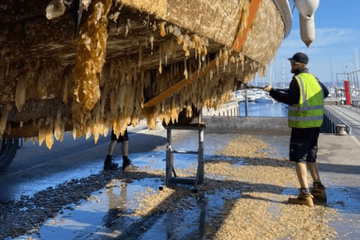

Sails and Rigging

For those whose summer adventures involve the joy of sailing, maintaining your sails and rigging is crucial for performance and safety.
- Sail Inspection: before heading out, carefully inspect your sails for any signs of chafing, tears, or damage to seams. Address any necessary repairs.
- Rigging Check: examine your standing and running rigging for any signs of wear, corrosion, or damage. Pay close attention to shackles, swivels, and turnbuckles.
Let us help you
Whether you want someone to give your boat a quick health check before you head out on the water or you spot something that doesn't feel quite right, get in touch with your local boatcare team for a helping hand.